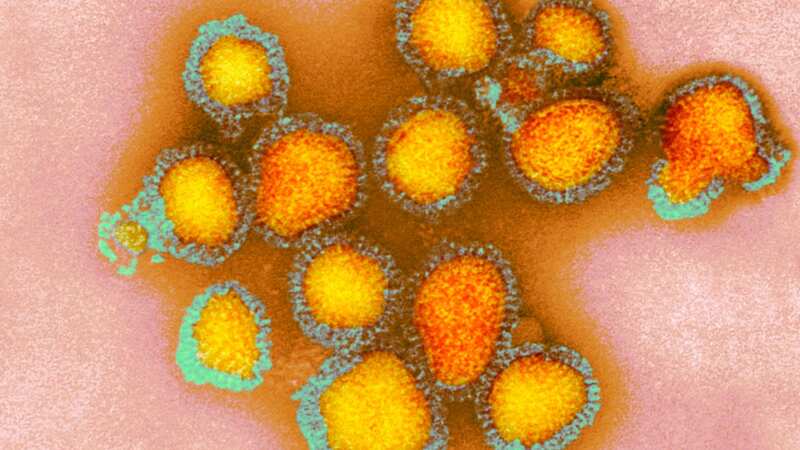'Dog flu' growing into virus 'creeping' towards infecting humans, scientists say

'Dog flu' is growing into a virus that could creep into infecting humans, scientists have warned.
The contagious respiratory disease first infected dogs in around 2006 and is a mutated form of a particular type of bird flu known as H3N2.
Since then, it has continued to evolve and researchers are concerned that it is now better at recognising human cells.
It means the virus could be one step closer to beating the hurdles that stopped it infecting people.
In a study, a team at the China Agricultural University in Beijing looked at swabs from more than 4,000 dogs.
 Furious chimp launches bottle at girl filming him leaving her bleeding at zoo
Furious chimp launches bottle at girl filming him leaving her bleeding at zoo
The findings revealed that the virus is now showing signs of being able to spot human cell receptors and spread in human cells.
Researchers said that dogs may serve as an 'intermediate' for bird flu to adapt into something that could infect people.
 The H3N2 strain is different to H5N1 which was behind the world's biggest ever bird flu outbreak (AFP via Getty Images)
The H3N2 strain is different to H5N1 which was behind the world's biggest ever bird flu outbreak (AFP via Getty Images)However, so far there has not been a single case reported among humans worldwide.
Professor Ian Jones, who teaches virology at the University of Reading, said the research is proof that the virus is "creeping" towards being able to infect people.
"It's a>
Read more similar news:
Comments:
comments powered by Disqus

































